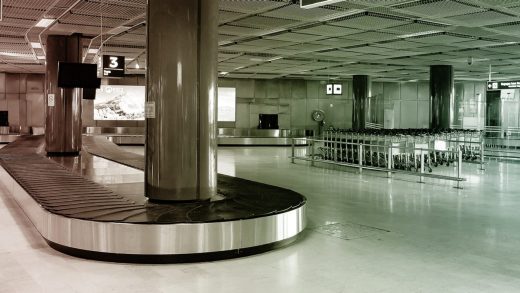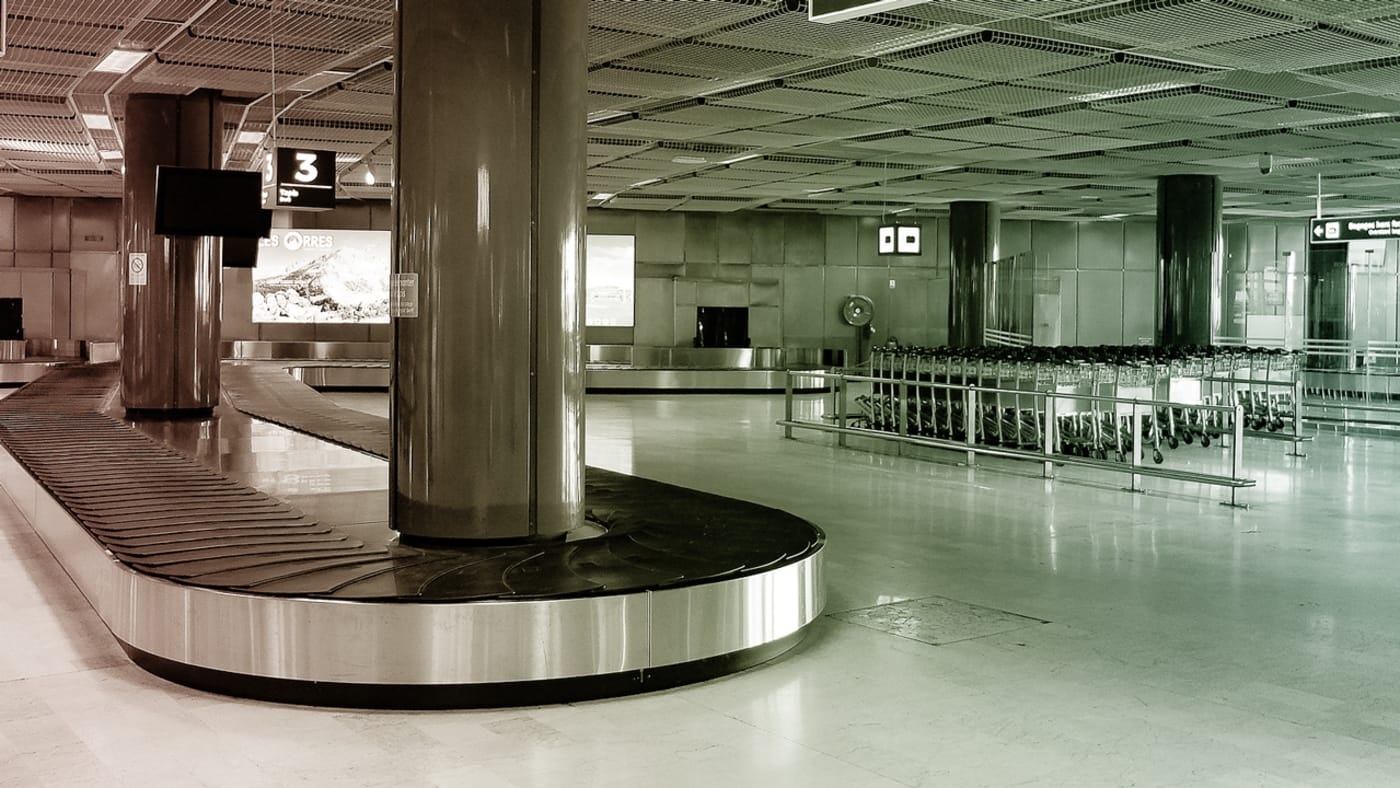Exclusive: Raden’s founder explains why his smart luggage startup shuttered
Last December, when airlines announced that they would no longer allow battery-equipped carry-ons on board, Josh Udashkin saw the writing on the wall.
Three years earlier, he had launched a smart luggage startup called Raden. His sleek hardshell cases were loaded with phone chargers, weight-measuring tools, and an app that tracked the location of your bag. Of course, all this hinged on a built-in battery. “The new policy was a black swan event for a startup,” he tells me. “We were watching to see if sales would go down after the no-battery rule. They did.”
That policy change was Raden’s death blow, according to Udashkin. (May 29, 2018) he shuttered his company. The e-commerce site was taken down and replaced with a sad note to customers. “We are grateful to all those who supported us the last three years,” it reads. “We are not another cautionary tale. Please keep supporting young brands and innovative products–we will be building new ones.”
It’s the second brand to die off because of the new airline restrictions. Bluesmart, another smart luggage startup, bit the dust on May 1. Both of these startups focused on the tech features of the luggage. In Bluesmart’s case, the batteries were not removable, which made the product useless in this new context. Raden’s battery was, in fact, removable, but without it, he was selling a dumb suitcase.
The Problem Of Pivoting
Udashkin says if he had taken more capital, he might have been able to pivot Raden. He had only raised around $5 million, while Raden’s closest competitor, Away, has landed $31 million in VC funding. With more cash, Udashkin could have perhaps repackaged Raden as a lifestyle brand or developed new tech features. But Udashkin says he had deliberately tried to take as little money as he could get away with because he did not want to face unreasonable investor expectations. It was hard enough keeping his business afloat without crazy growth metrics.
“I was working day in and day out to sell enough suitcases to make payroll,” he says. “It was this crushing, never-ending cycle.”
But when it comes down to it, Udashkin believes that more cash would have just been a short-term fix. He now thinks there are far deeper problems with trying to sell suitcases on the internet. E-commerce startups spend massive amounts of money acquiring new customers, but unlike fashion brands that can sell new clothes every season, suitcases are an infrequent purchase.
He walks me through the math. The target market for a direct-to-consumer suitcase brand is relatively narrow. This is not a mass purchase. Your audience is people with enough disposable income to spend between $200 and $400 on a carry-on, but also be digitally savvy enough to be willing to buy the case online, rather than in a department store.
Once the startup has convinced someone within their target market to buy a carry-on, the relationship is basically over. With some persuasion, the brand can try to sell them a piece of checked luggage or perhaps another small travel accessory. But the lifestyle value of each customer is relatively small, compared to other categories. A direct-to-consumer luxury shoe brand like M.Gemi can sell a woman a new pair of $300 shoes twice a year for the rest of her life. Everlane can sell a customer wardrobe updates every month.
“It’s not going to work to treat suitcases like a fashion item,” Udashkin says. “Millennials in New York and San Francisco don’t have space for a bunch of suitcases that match their outfit.”
Still A Case To Be Made?
These problems have not seemed to discourage new suitcase startups from entering the market. ROAM, for instance, launched earlier this month with a set of suitcases that are fully customizable. Nomad Lane and FUGU are launching Kickstarter campaigns to get their bags with clever packing systems off the ground. Valeto wants to sell you a suitcase that converts into a high chair for your kid. Modobag allows you to ride through the airport on a motorized suitcase. Udashkin believes these brands are up against similar challenges to Raden.
Given the week Udashkin has had, it’s easy to understand why he feels so pessimistic about the state of the luggage industry. But it’s still worth asking if he has put his finger on a fundamental problem: If a luggage startup does its job right, a customer will only need one suitcase in their lifetime, so how does the company continue to grow?
It’s a question that the many luggage startups in the market will need to answer. Before they all go away.
Fast Company , Read Full Story
(19)



